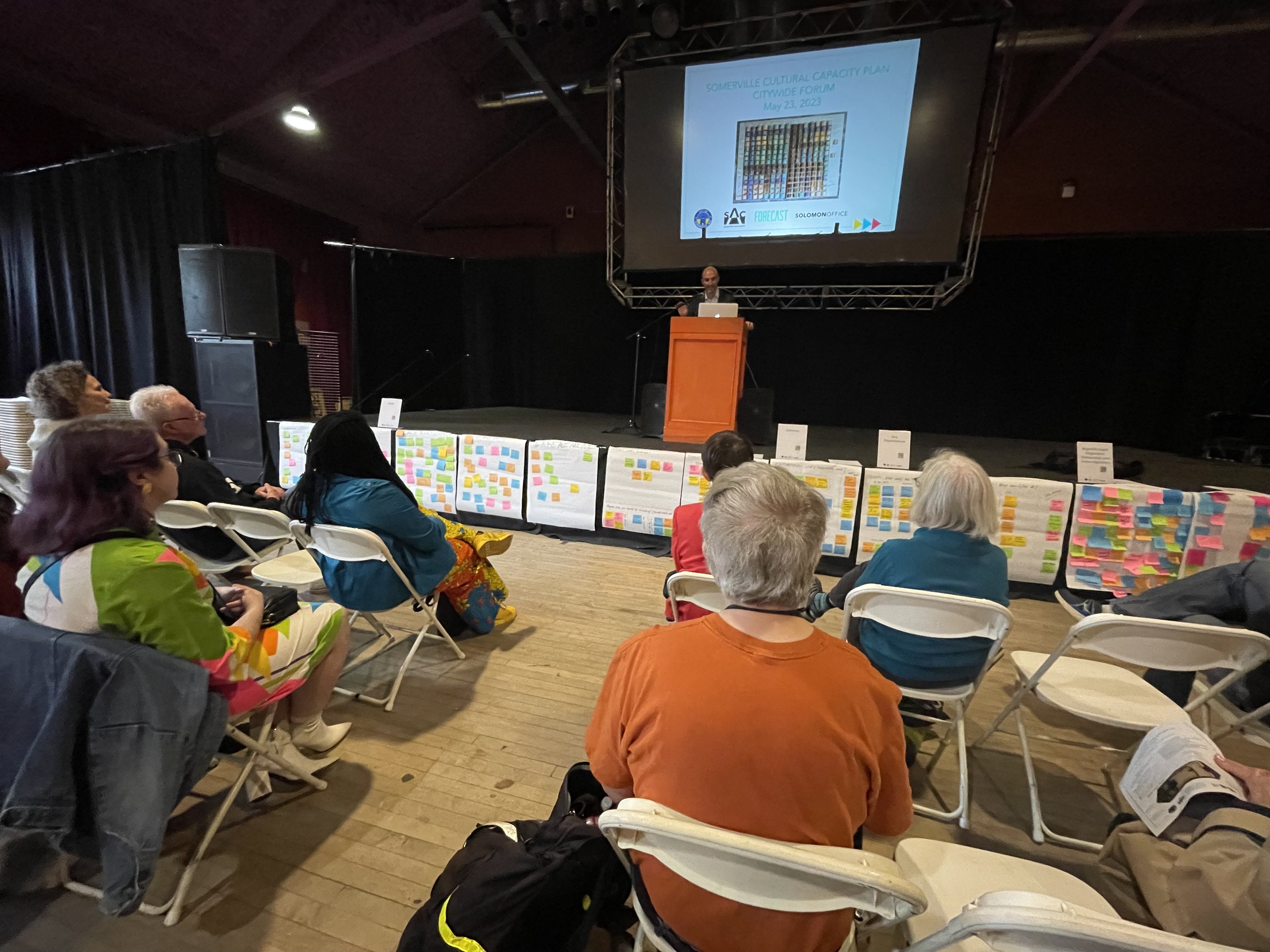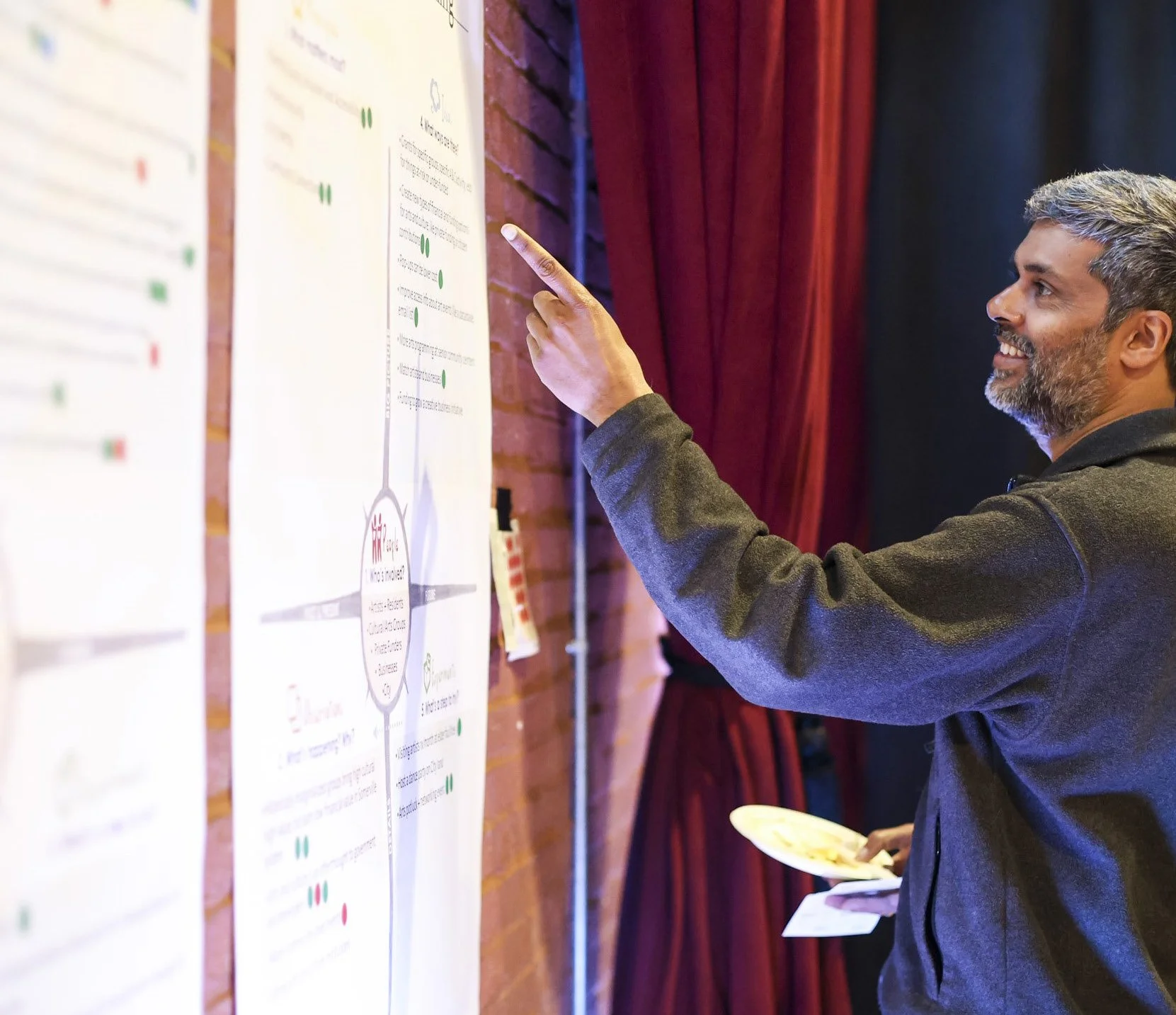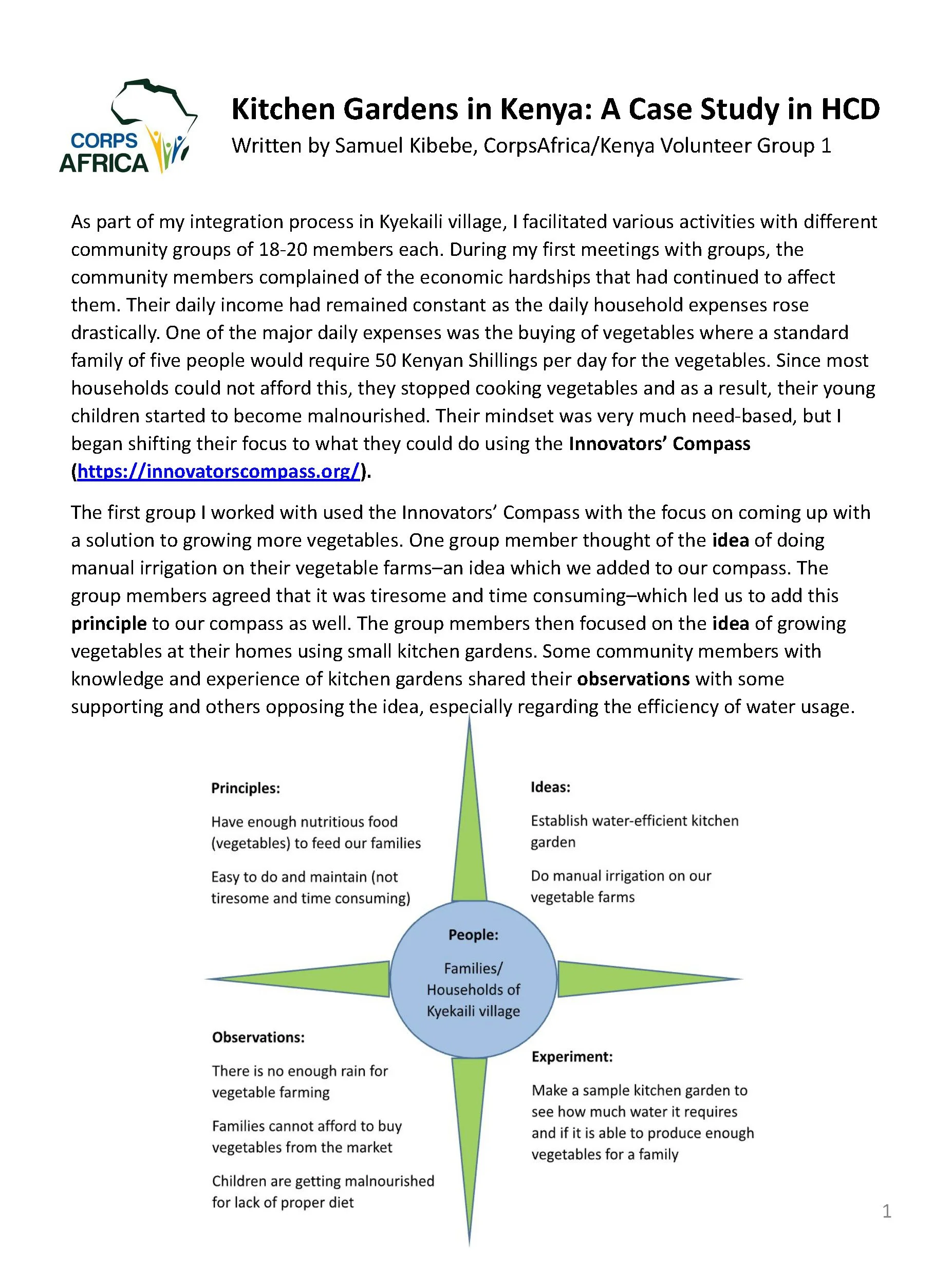We’re delighted to share that food security startup Soyko Agro Food has won an innovation cash prize for their Compass-guided work.
They share more in this letter to their CorpsAfrica mentor Garrett Mason that founder Jerone Agyapong has kindly allowed me to share, and on their LinkedIn page.
_____________________________
Dear Garrett,
My team, Soyko Agro Foods, has just won the Kosmos Innovation Center Agrictech Classic Challenge! We're a small startup, and this win is a huge milestone for us. We took home a prize of $2000 USD, which will go a long way in helping us grow our business.
Our team produces a unique flour formula using locally grown tubers, nuts, and legumes. I'm thrilled to say that our success is in large part due to the tools and methodologies you taught us, particularly the Innovator's Compass and ABCD. Your guidance and mentorship have been invaluable to me. Myself and team are grateful for the impact you've had on our journey.
To answer your question, here's how we used the Innovators' Compass and ABCD…
We started by identifying the problem using the Innovators' Compass:
1. Who: We looked into the lives of people in the central region of Ghana, particularly those affected by malnutrition.
2. What: We observed that malnutrition was a common problem, not just in rural areas but also in urban centers.
3. Why: We discovered that the root causes were high cost of nutritious food options and limited availability of nutritious foods compared to processed foods.
4. What matters: We asked ourselves what mattered most to our target persona and realized they wanted nutritious, tasty, and affordable food options that were multipurpose.
5. What ways: We generated many ideas, narrowed down to three: a flour, a plant-based yogurt, and a plant-based drink.
To refine our ideas and pick one, we used the ABCD approach: We considered the assets and strengths of our community, including:
• What food crops were readily available in the south and how these crops stood out in terms of nutrition.
• How to get the crops at what season and cost.
• How much impact the product would have on the smallholder farmer and the average consumer.
From there, we asked the people what they really wanted and how they wanted it. We then started experimentations, taking feedback until we arrived at our end product.
Thank you again for your support and guidance. We're excited to see where this win takes us, and we look forward to staying in touch.
This story was originally published in the Spring 2025 Innovators’ Compass newsletter.














